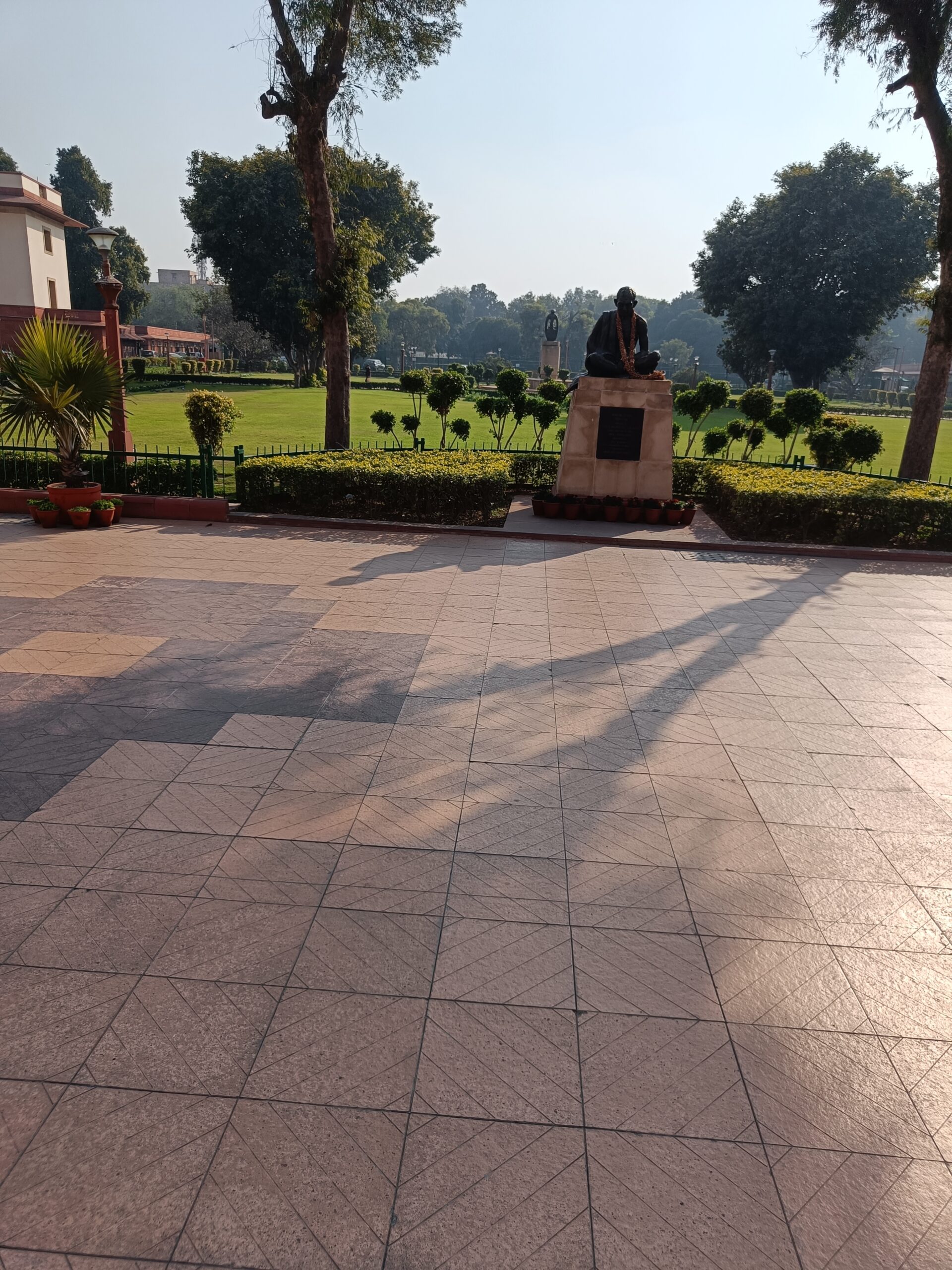The Supreme Court of India is hearing two appeals by a plaintiff who filed a suit for specific performance of a contract for the sale of agricultural land in Himachal Pradesh between the defendant and a company, which was dismissed by the District Judge and later by the High Court due to delay.

The appeals challenge the High Court’s decision to dismiss the delay condonation applications filed under the Limitation Act of 1963, which declined to condone a delay of 254 days as the reasons for the delay were not sufficient. The only reason provided by the plaintiff was a lack of funds to pay court fees, which the court found unsatisfactory as the plaintiff was an affluent businessman. The court cites section 149 of the Civil Procedure Code, which allows for the payment of court fees at a later stage, and emphasizes that the court fees act has to be read along with section 149 of the CPC.
The Indian Supreme Court has emphasized the strict interpretation of Section 5 of the Limitation Act and the requirement for a litigant to explain every day’s delay when seeking to take away a right that has accrued to a party by lapse of time.
Ajay Dabra VS Sundar on 31.01.23

